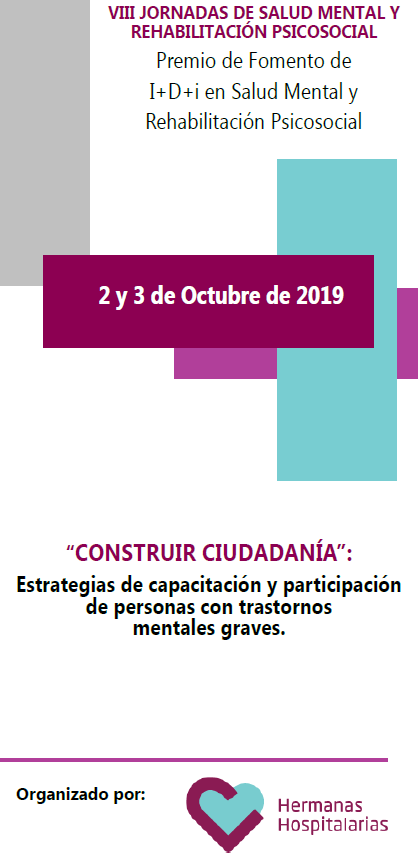Traditionally, people with mental health problems have been socially relegated and excluded, having few opportunities to participate in their treatments, in the management of the resources that serve them or in the community in which they live.
The new recovery models, closely linked to international Human Rights movements, recognize the importance of the participation of users of mental health services. Encouraging the participation of users, not only implies complying with a right that people have, but also carries with it important benefits both for recovery and for improving the quality of care networks.
There is variability in the capacity that people have when it comes to participating autonomously in the different areas in which their lives take place. For this reason, it is essential to consider and value this capacity, as well as the support that people need when participating.
At this time it is unavoidable to contemplate mental health care integrating concepts such as participation and training that enable people to reinforce their role as citizens.

